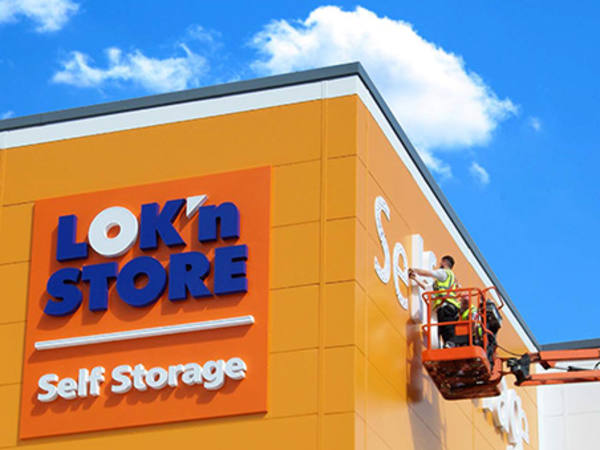- European regulations are leading Instagram to offer ad-free services
- Impact on ad sales unclear given uncertainties over consumer appetite for more subscriptions
Social media companies are shifting their business strategies towards ad-free subscription services in a move that could prove damaging for an already faltering advertising industry.
Meta (US:META) has confirmed it is considering charging users to avoid ads on Instagram, following press reports of a $14 (£11.40) monthly option for Europe. “Meta believes in the value of free services which are supported by personalised ads. However, we continue to explore options to ensure we comply with evolving regulatory requirements,” the tech giant told Investors’ Chronicle.
Meta is not alone in this venture. The BBC has reported that TikTok was planning to launch a subscription service for English language users outside of the US.
In part, this shift is to bring companies into compliance with new European regulations. This summer, the European Court of Justice ruled that the German regulator could block Meta from harvesting data without explicit permission from users. A paid-for subscription helps Meta get around this because it can offer users a chance to avoid advertising for a fee, or stick with the current free service and agree to data collection.
S4's big bets
Regardless of the catalyst, a shift away from the data-driven advertising model would be a blow for the agencies that have invested heavily in digital advertising capabilities. In particular, Martin Sorrell’s S4 Capital (SFOR) has spent big on this area.
In 2018, it bought digital advertising space trader MightyHive for over £100mn. Then in 2020, it acquired Circus Marketing after a £100mn capital raise. These were two of its biggest deals and both have expertise in analysing marketing data from Facebook and Google. Delayed cash payments will put further stress on the balance sheet this year as the industry looks set for change.
This strategy from Sorrell worked well initially, but is already facing struggles as the advertising industry slows in the face of global economic disruption. S4 Capital has issued a series of profit warnings this year and now expects full-year like-for-like revenue to drop. It could be even worse if the “heavily” weighted fourth quarter doesn’t deliver as expected.
These difficult conditions are a marked shift from the tailwinds experienced in the past decade. In 2019, digital made up 55.6 per cent of US advertising spend before jumping to 72 per cent this year, according to Insider Intelligence. On a global level, total digital advertising spend is expected to rise 72 per cent between 2021 and 2026 to $871bn.
S4 Capital's valuation hit 50 times its forward earnings in 2021. This was the height of the pandemic when consumers were stuck at home online. Now lockdowns are over, companies are cutting marketing budgets and social media platforms are looking for non-advertising-based revenues. At the time of writing, S4 Capital’s valuation has dropped to just six times its forward earnings.
Just the start
Whether users would be willing to pay for an ad-free service is uncertain. “I don’t think people are that bothered by adverts in their feeds, especially if it costs over $150 a year to get rid of them,” said social media consultant Matt Navarra. Snap (US:SNAP) has also rolled out a subscription service in reaction to Apple (US:AAPL) banning companies from tracking users without permission, cutting ad sales. Snapchat+ is focused on adding user features rather than removing ads, however. As of 30 June, just over 1 per cent of the stated 400mn daily users of Snapchat are paying $4 a month to use the platform.
The main concern for Meta is that this is just the beginning. “For now, there is not going to be much change, but it could become a problem for Meta over time if regulators around the world copy what the Europeans are doing,” said Navarra. “Meta would rather not have to offer this ad-free subscription if given the choice”.
The modern advertising industry has evolved around the unfettered use of people’s data and it is unlikely to change significantly in the short term. The concern for tech companies is that scrutiny from regulators will only ramp up further as artificial intelligence and understanding of how it works develops. The more valuable people realise their data is, the less likely they are to want to give it away for free.







